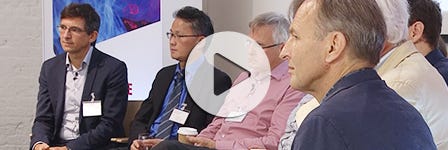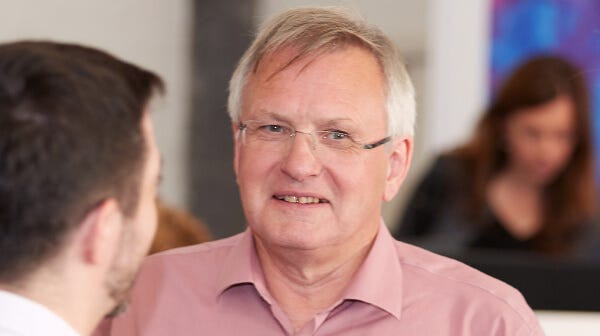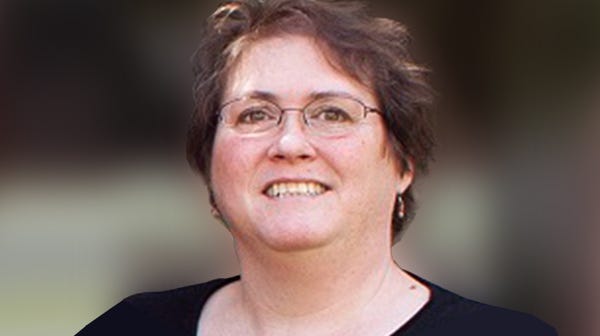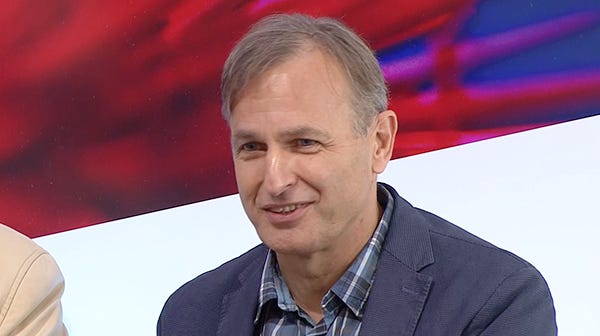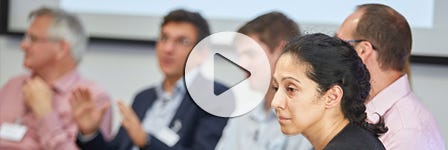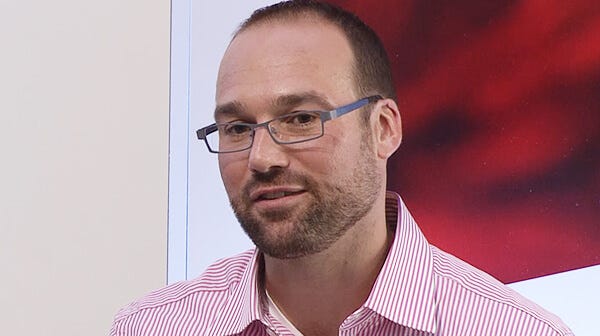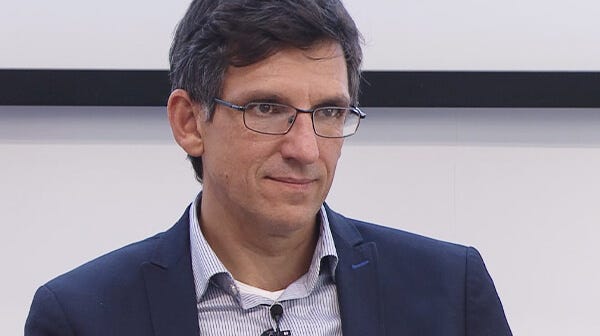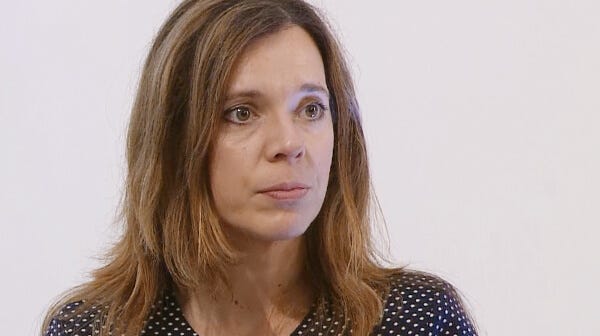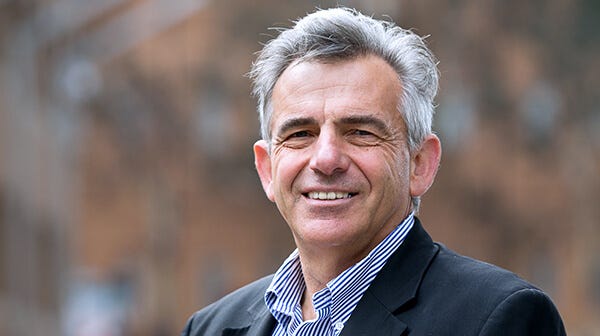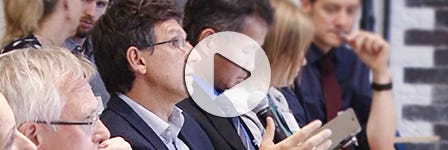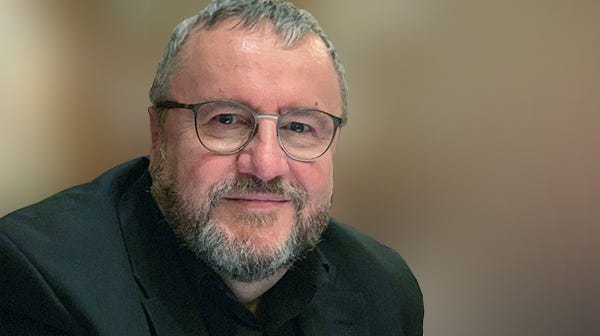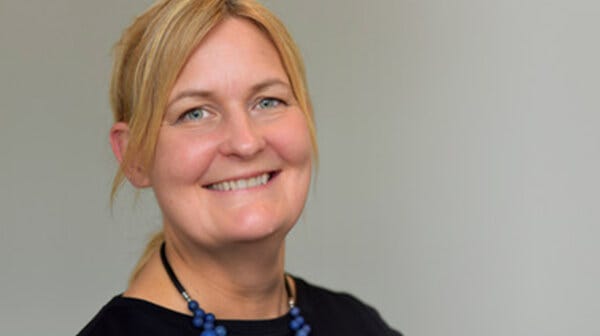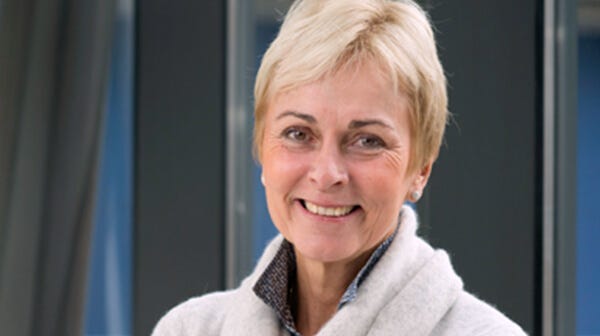Ensuring Human Pluripotent Stem Cell Quality
Hear what experts have to say.
As part of our mission to advance science, STEMCELL Technologies partnered with Nature Research to host a “Nature Research Round Table" titled, “Challenges in Ensuring hPSC Quality". Global experts gathered for this event at the Springer Nature headquarters in London, UK, to tackle some of the most pertinent issues impacting the use of human pluripotent stem cells (hPSCs), ranging from fundamental biology research to therapeutic applications. Explore webinars from the event, with 3 sessions featuring a series of talks followed by panel discussions on hPSC quality.
In Collaboration with: 
Session 1: Pluripotency and Banking
How are pluripotent stem cells characterized, and how are quality characteristics maintained long-term? Session 1 addresses how to define and assess pluripotency as well as considerations for cell line registration and banking.
Panel Discussion
Led by Dr. Ludovic Vallier from the Wellcome Trust Sanger Institute and Dr. Joanne Mountford from the University of Glasgow, speakers responded to questions from the forum and discussed topics raised in the talks below.
Pluripotency Tests
Dr. Peter Andrews, University of Sheffield
Maintenance of hPSCs In Vitro
Dr. Tenneille Ludwig, WiCell Research Institute
Regulations Around Human iPS Cell Registration
Dr. Andreas Kurtz, Berlin-Brandenburg Center for Regenerative Therapies
HLA Typing Considerations for hPSC Banking
Dr. David Turner, Scottish National Blood Transfusion Service
Standards for Pluripotent Stem Cell Banking
Dr. Glyn Stacey, International Stem Cell Banking Initiative
Session 2: Genome Editing and hPSC Genomic Integrity
What are the effects of culture-acquired genetic variants, and what are the implications during genome-editing? Session 2 addresses best practices for quality control of genome-edited hPSC lines, as well as the risks and pitfalls associated with genetic variants acquired in culture.
Panel Discussion
Led by Dr. Peter Andrews from the University of Sheffield and Dr. Martin Pera from the Jackson Laboratory, speakers responded to questions from the forum and discussed topics raised in the talks below.
Acquired and Background Genetic Variants in hPSCs
Dr. Florian Merkle, University of Cambridge
Genome Editing in hPSCs
Dr. Ludovic Vallier, Wellcome Trust Sanger Institute
The Process of hPSC Adaptation
Dr. Ivana Barbaric, University of Sheffield
Genomic Integrity of hPSCs
Dr. Martin Pera, Jackson Laboratory
Session 3: hPSC Lines for Cell Therapies
What cell quality standards does the clinic require? Session 3 addressed regulatory, safety, and efficacy requirements for hPSC lines designated for cell therapies and disease models, as well as necessary standards and routine checks.
Panel Discussion
Led by Dr. Christine Mummery from the Leiden University Medical Center, speakers responded to questions from the forum and discussed topics raised in the talks below.
Retinal Cell Therapy Using Human ES Cells
Dr. Peter Coffey, University College London
Parkinson's Disease Therapy with Human ES Cells
Dr. Malin Parmar, Lund University
hPSC Lines as Disease Models
Dr. Christine Mummery, Leiden University Medical Center
Featured Speakers
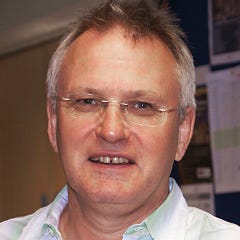
The University of Sheffield
Peter Andrews is currently co-director of the Centre for Stem Cell Biology at the University of Sheffield. His research focuses on the biology of hPSCs, and particularly their mechanisms of fate determination, as well as their susceptibility to genetic change upon long-term culture. He previously directed the Pluripotent Stem Cell Platform and coordinated the International Stem Cell Initiative, which has worked to characterize standard markers and culture conditions for human ES cells and is currently seeking to establish a study group to collate and monitor data on the origins and potential consequences of acquired genetic variants of hPSC.

Leiden University Medical Centre
Christine Mummery pioneered studies on cardiomyocytes from human embryonic stem cells, was among the first to inject them in mouse hearts after myocardial infarction and currently develops cardiovascular disease models based on human induced pluripotent stem cells. In 2007, she was a joint Harvard Stem Cell Institute/Radcliffe fellow. She is presently on the board and vice president of ISSCR and a member of the Royal Netherlands Academy of Science.
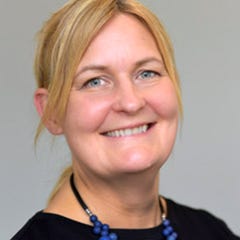
Lund University
Malin Parmar is a Professor at Lund University, Sweden, where she focuses on bringing new cell-based therapies to the clinic to treat Parkinson’s disease by investigating cell fate specification in the developing brain and applying the findings to stem cells. Her group also develops technologies for direct neural conversion to generate midbrain dopamine neurons, and their current focus is to learn how to direct and efficiently drive controlled differentiation of human stem cells into subtype-specific neurons.
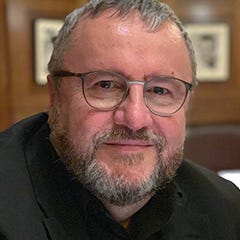
University College London and University of California
Peter Coffey founded the London Project to Cure Blindness in 2007 to bring stem cell therapy for retinal diseases to the clinic. His work using iPSC-derived RPE cells to halt visual deterioration from age-related eye diseases recently resulted in the first clinical stem cell trials to attempt to treat blindness. Peter Coffey is also currently a professor at UCSB's Neuroscience Research Institute and co-director of the campus's Center for Stem Cell Biology & Engineering.
